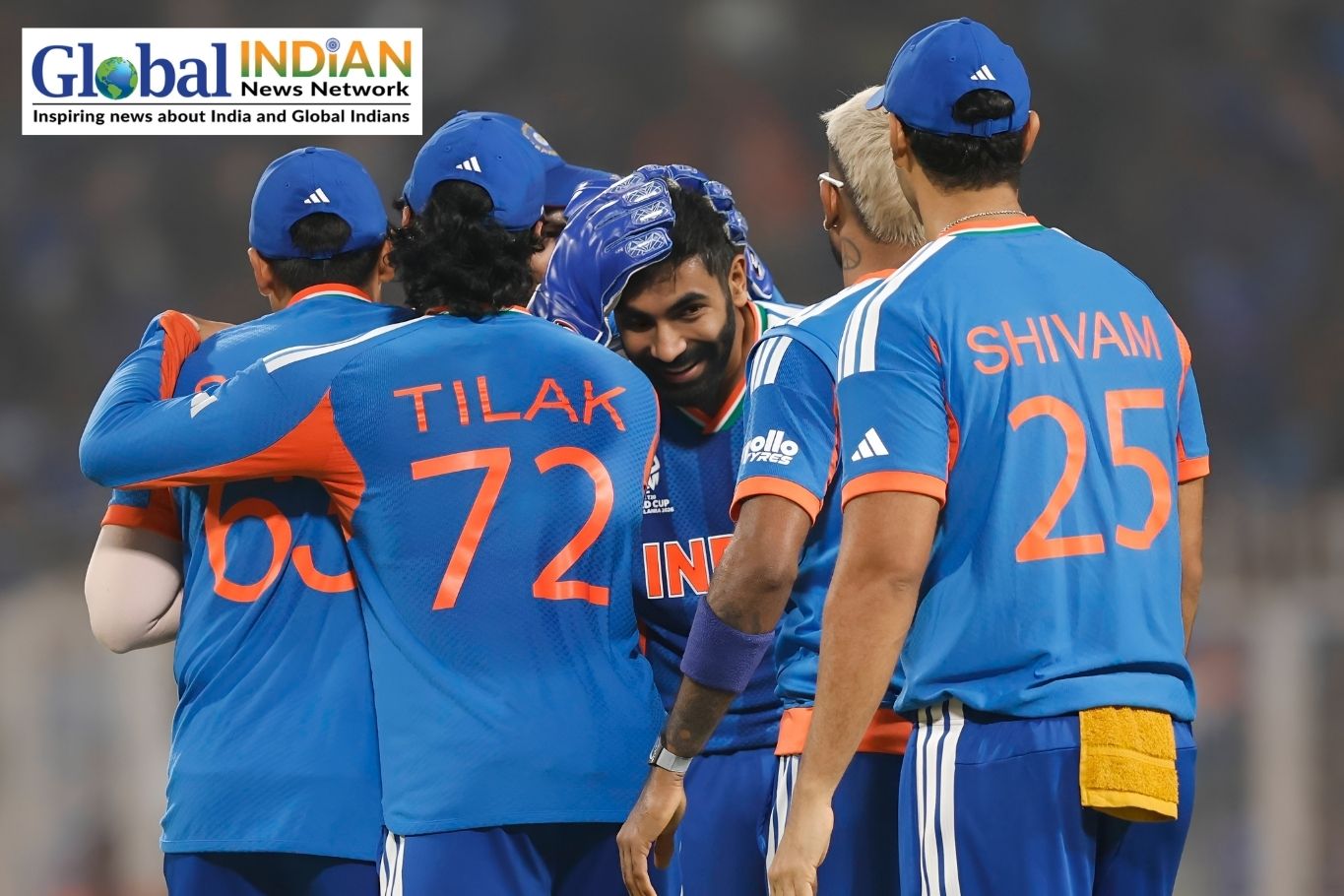 Prime Minister Narendra Modi has once again emphasized India’s claim to have a permanent seat on the United Nations Security Council (UNSC). He expressed that it is essential for the world’s most populous country and its largest democracy to be a permanent member to truly represent the global community. In an interview with foreign media, PM Modi pointed out the “skewed membership” of the UNSC, which leads to opaque decision-making processes and hampers effective problem-solving.
Prime Minister Narendra Modi has once again emphasized India’s claim to have a permanent seat on the United Nations Security Council (UNSC). He expressed that it is essential for the world’s most populous country and its largest democracy to be a permanent member to truly represent the global community. In an interview with foreign media, PM Modi pointed out the “skewed membership” of the UNSC, which leads to opaque decision-making processes and hampers effective problem-solving.
United Nations General Assembly President Csaba Korosi fully supported PM Modi’s statement, acknowledging the need for better representation in the UNSC, including India, which has demonstrated a greater sense of responsibility towards world peace and sustainable development.
The UNSC consists of 15 members, five of which are permanent with veto powers. The remaining ten members are elected by the UN General Assembly for two-year terms.
India has been a significant contributor to UN peacekeeping missions and has held non-permanent seats on multiple occasions, including the latest in 2021-2022. Despite its role in implementing the UN mandate and contributing significantly to peacekeeping missions, India has been denied a permanent seat on the UNSC. The US, UK, France, and Russia have consistently supported India’s bid for a permanent seat, but China has used its veto power to block it.
India’s case for a place in the UNSC is compelling. As the world’s largest democracy, it represents 17 percent of the global population and acts as a crucial link between Central Asia and the Middle East. It also plays a dominant role in the Indian Ocean, a region that handles over 80 percent of the world’s trade. India possesses one of the largest militaries globally, having participated in five major wars, and is a nuclear-armed nation. Considering these factors and the UNSC’s principle of not excluding significant powers, India qualifies to be among the veto-power countries.











1 Comment
I enjoyed reading this. It’s clear and well-written.